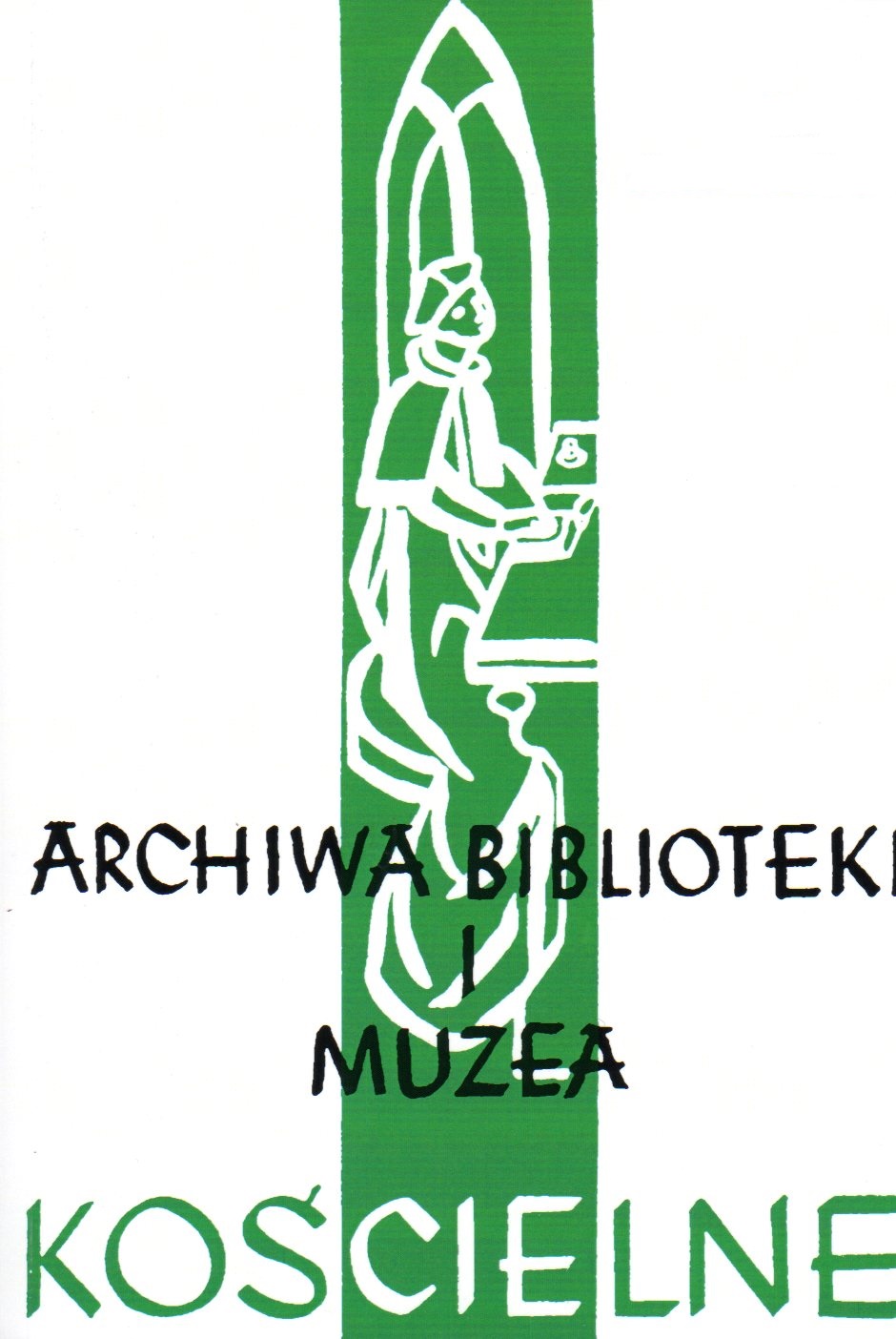Kilka uwag o potrzebie pragmatycznej piśmienności w średniowiecznych klasztorach monastycznych.
SOME REMARKS ABOUT THE NEED FOR PRAGMATIC LITERACY IN MEDIEVAL MONASTERIES.
Author(s): Jolanta MarszalskaSubject(s): History
Published by: Katolicki Uniwersytet Lubelski Jana Pawła II - Wydział Teologii
Keywords: medieval monasteries; religious literacy
Summary/Abstract: Copying the basic religious texts, apart from reading and meditating theological works, constituted the content of literate culture of the Middle Ages, as in the popular medieval culture there was a deep-rooted belief that writing a code is a good deed that can bring salvation to copyists. Developed in the early Middle Ages, intensive literate culture affected, above all, the sacred and religious sphere. The vital change, commonly known as a great breakthrough in the literate culture of Latin Europe, occurred at the turn of the twelfth and thirteenth centuries. Then the pragmatic literacy came into being. Apart from religious literacy, still popular especially in monastic and cathedral scriptoria, practical literacy began to develop, which contributed to the improvement of daily life, mainly, political and economic life in Europe at that time. This process happened in the broad context of important institutional and intellectual transformations occurring in the European society and culture for nearly three centuries.
Journal: Archiwa, Biblioteki i Muzea Kościelne
- Issue Year: 2012
- Issue No: 98
- Page Range: 285-290
- Page Count: 6
- Language: Polish

